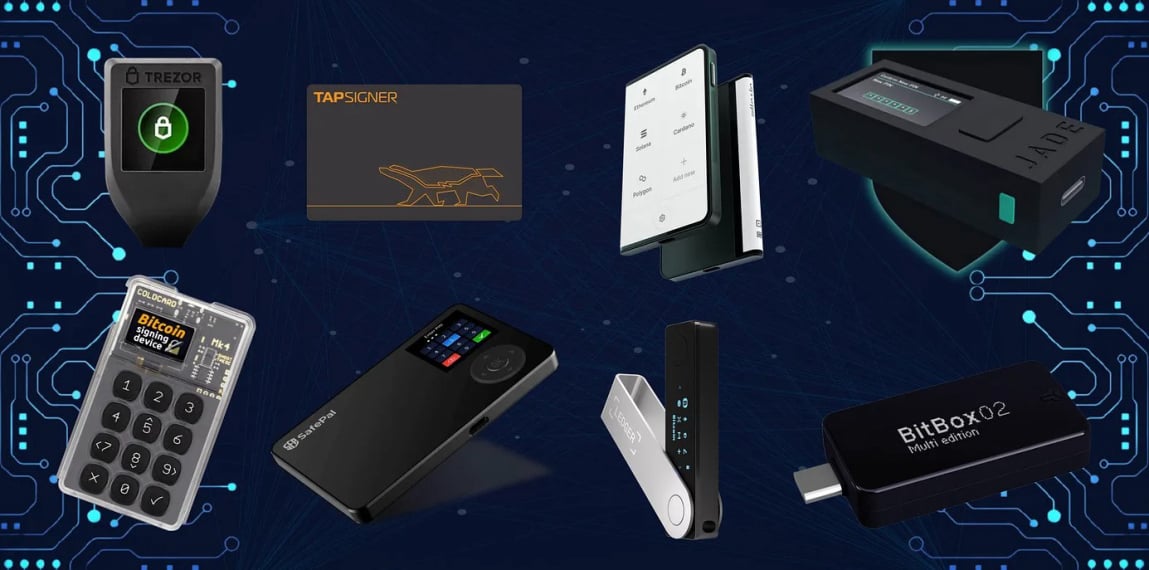
Comparing Top Hardware Crypto Storage Solutions
Choosing the right Hardware Wallet can be overwhelming, given the variety of options available. Not all devices offer the same level of security, usability, or compatibility. To help you make an informed decision, we’ve analyzed the key features that differentiate leading Hardware crypto storage solutions.
Security should always be the top priority. Look for devices with secure element chips, which are certified against physical and side-channel attacks. Some Hardware Wallets also offer open-source firmware, allowing the community to audit the code for vulnerabilities.
Another critical factor is multi-currency support. If you hold a diverse portfolio, ensure your Hardware storage device is compatible with Bitcoin, Ethereum, and altcoins. Some wallets support thousands of tokens, while others are more limited.
User experience varies widely. Some Hardware Wallets have built-in screens and buttons for transaction verification, while others rely on companion apps. Consider whether you prefer a standalone device or one that integrates with mobile/desktop interfaces.
Backup and recovery options are equally important. A good Hardware crypto storage device will generate a 24-word seed phrase that can restore your wallet if lost or damaged. Avoid solutions that don’t provide a straightforward recovery process.
Price is another consideration. While premium Hardware Wallets may cost more, they often justify the investment with superior security and durability. However, budget-friendly options can still provide robust protection for casual users.
Finally, check for firmware update policies. Regular updates are essential to patch vulnerabilities and add new features. The best Hardware storage providers offer seamless, over-the-air updates without compromising security.
By evaluating these factors, you can select a Hardware Wallet that aligns with your needs. Whether you prioritize maximum security, ease of use, or broad compatibility, there’s a solution for every type of crypto holder.